During his adult life, Uli Chi has lived and worked in the intersection between business, the academy and the church. He has had the privilege of serving as past Board Chair of Regent College in Vancouver, BC, as current Vice Chair of the Board of the Max De Pree Leadership Center at Fuller Seminary, and as current Chair of the Executive Committee of the Center for Integrity in Business at Seattle Pacific University. He has also been involved in all aspects of local church leadership, including as a member of the adult ministries team’s teaching faculty at John Knox Presbyterian Church in Seattle.
Click here to view Uli's profile.
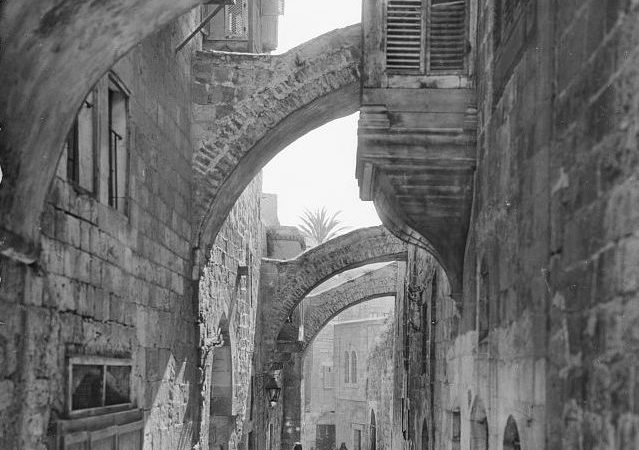
The Good News of Christian Leadership – The Way of Weak Leadership?
In our various vocations in business, government, non-profits, churches and homes, pain and suffering are the unexpected consequences of being lead servants. From a Christian perspective, to be a “strong” leader means learning to be a “weak” leader. “That is why, for Christ’s sake, I delight in weaknesses … For when I am weak, then I am strong” (2 Corinthians 12:10, NIV). This final servant song reminds us that following Jesus in leadership means we must enter other people’s pain and suffering, the way Jesus did.
Read Post
The Good News of Christian Leadership – Following and Enduring?
Why is a Christian vision of leadership good news? Leadership is inescapably about the use of power and influence. In this series, we explore how a Christian vision of leadership reframes our understanding of how that power and influence are exercised.
Read Post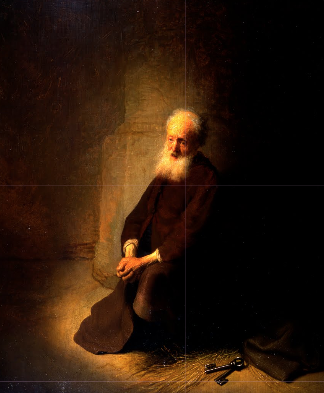
The Good News of Christian Leadership – Labor in Vain?
Jesus lamented in fulfilling his vocation. Consequently, the good news begins by discovering that Jesus is quite at home in the company of those who are discouraged, despondent, and even despairing. Jesus understands, in a way that I hadn’t imagined possible, those who struggle with chaos, futility, and a sense of purposelessness.
Read Post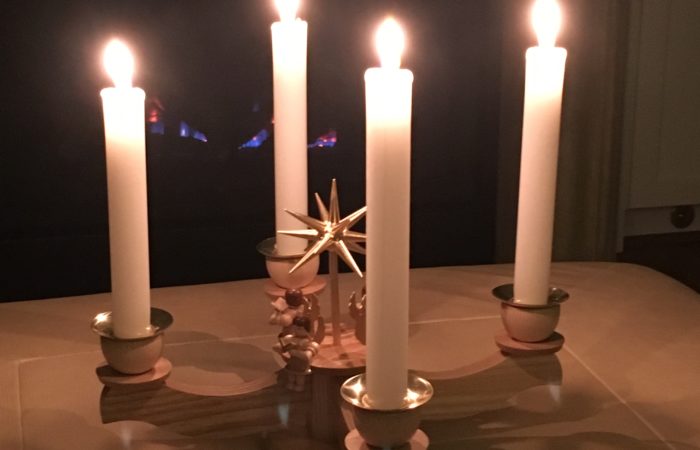
The Good News of Christian Leadership – A Flickering Light?
Light is a biblical image not just for understanding and knowledge. It is also a metaphor for a flourishing life. Life and light are therefore deeply interconnected. We live in a season of flickering lights that seem to be on the verge of going dark. Institutions that we have counted on for dependable light and life have begun to flicker. What hope does Christian leadership offer in such a time?
Read Post
The Good News of Christian Leadership – WWJD?
What would Jesus do? A helpful place to begin answering that question is to reflect on what Jesus has already done. To that end, our text from Philippians 2 provides profound insight.
Read Post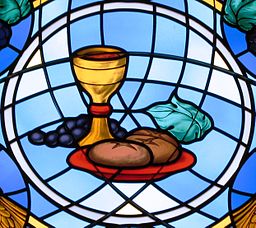
The Good News of Christian Leadership – Expensive Grace
Jesus’ death on the cross is not just an ugly necessity resulting from humanity’s greatest failure, but – here’s the wonderful surprise – it is the most profound revelation of God’s compassion for his creation. And, perhaps even more surprisingly, Jesus’ self-sacrifice becomes not only a one-time fix for humanity’s greatest problem, but the once-for-all-time demonstration of our intended vocation as human beings.
Read Post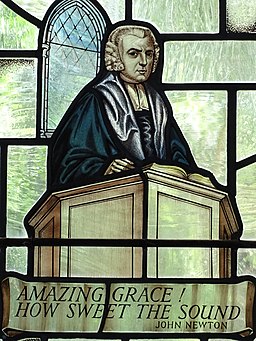
Truth and Institutional Evil – Part II
Large-scale calamities – some natural and some caused by human evil – recur in human history. God says as much at the dedication of Solomon’s Temple from which today’s text comes: “When I shut up the heavens so that there is no rain, or command locusts to devour the land or send a plague among my people” (2 Chronicles 7:13, NIV). God’s instructions address times of disaster, including economic, social, and public health ones, much like our own. At times like these, we are reminded that God’s people are to be agents of repentance and restoration of the world in which God has placed us. What might that look like today?
Read Post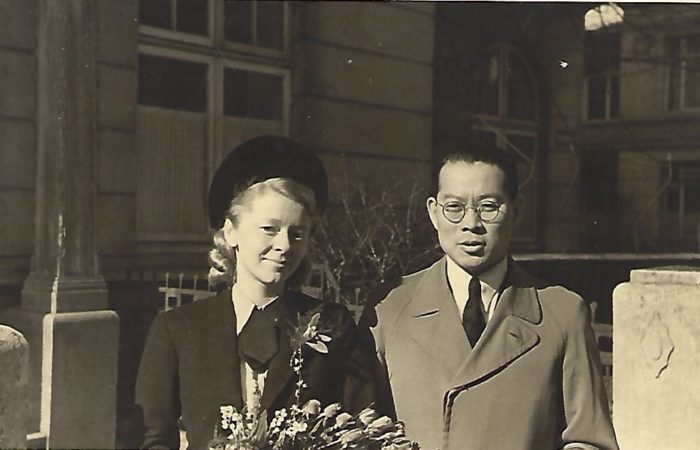
Truth and Institutional Evil – Part I
One of the foundational assertions of Scripture is that all human beings are created in God’s image. There are no privileged races or individuals in God’s eyes. That declaration was a radical challenge to the power of Pharaoh in Egypt during Israel’s enslavement, as it was to the Nazi regime in my parents’ day, and as it is to the power of structural racism in our generation. What will we do with that truth now?
Read Post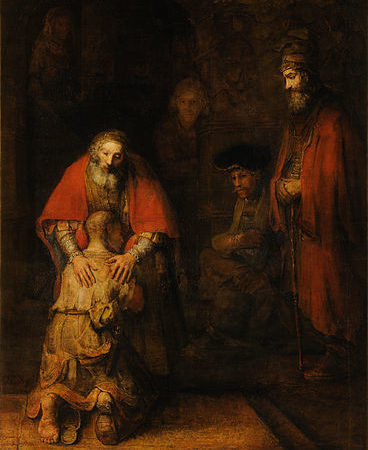
Leadership Praise – Psalm 145: Recovering Goodness
If we aren’t careful, goodness can easily be distorted into a short moral checklist. Depending on our cultural context and political persuasion, the checklists may differ. Still, we each have one. And, it’s easy to confuse our list with what it means to be “good.” Today’s psalm helps us to recover a biblical understanding of goodness. It does so, not by talking about goodness as an idea, but by describing the ways in which God is good.
Read Post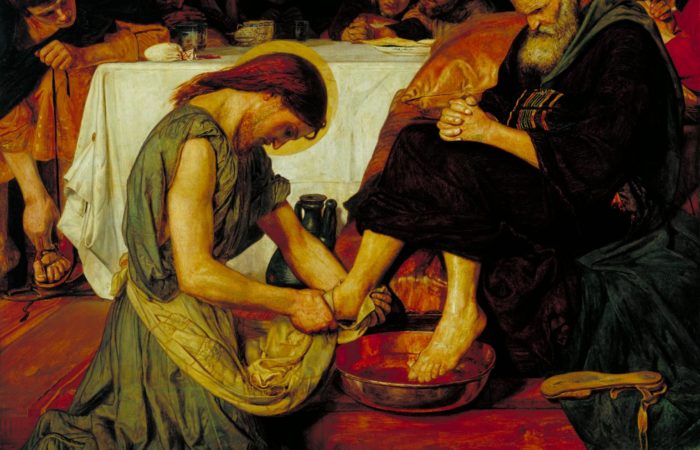
Leadership Praise – Psalm 145: Reimagining Greatness
One of the dangers of great leadership responsibility is that we live in our own echo chamber. Many around us, sometimes out of deference and respect, tell us how great we are, and are reluctant to point out our limitations or weaknesses. Learning to cultivate a healthy awe for God’s greatness is a helpful antidote to a preoccupation with our own.
Read Post
Prayers from the Epicenter
Even as we are asked to keep our distance from others, help us to find ways to reach out to those who need our support and to those whose support we need. We are grateful for the gift of technology that keeps us emotionally connected even as we remain physically separated.
Read Post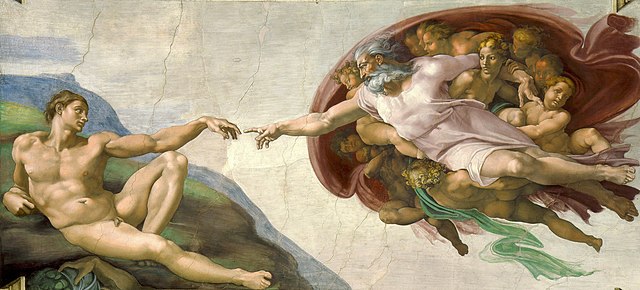
Reflections from the Epicenter
We pride ourselves on being resourceful, intelligent, and self-sufficient people. But if there’s one thing that’s become clear through this pandemic, it’s how vulnerable and dependent we are as human beings and as a human society. Despite our desire to be (or at least appear to be) invulnerable and independent, we are clearly otherwise.
Read Post
Leadership Prayers – Psalm 144
God has called us to the work of leadership and is engaged with us as we do it, but to what end? What is the purpose of our being leaders in the first place? In contrast to seeing the leader as being the exclusive beneficiary of God’s attention and deliverance, the psalmist shifts the focus onto the people and places under the leader’s care.
Read Post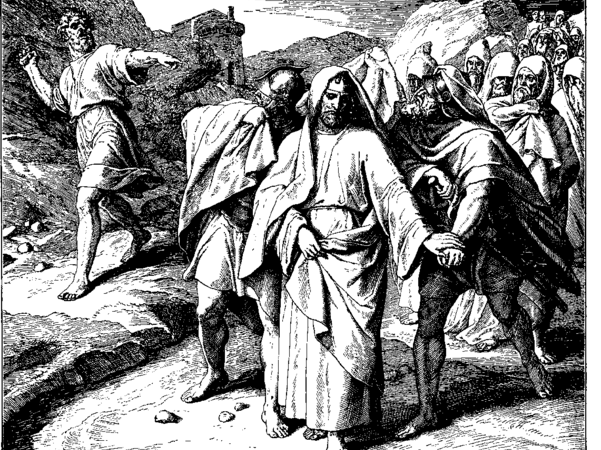
Leadership Prayers – Psalm 143
How then do we deal with the consequences of our own moral failures in leadership? How can we pray when our circumstances implicate us in our sin?
Read Post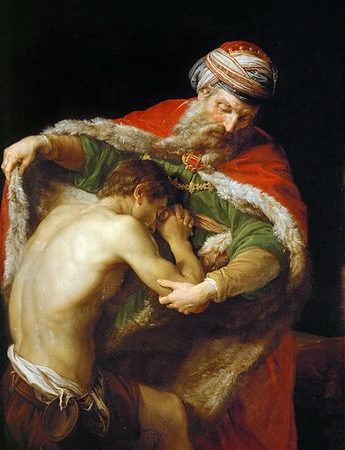
Vocational Gratitude: Consummation
The Christian narrative reminds us that God is the ultimate authority in the universe. As the first half of today’s text declares, “The Lord is King!” But what kind of power figure is this God?
Read Post